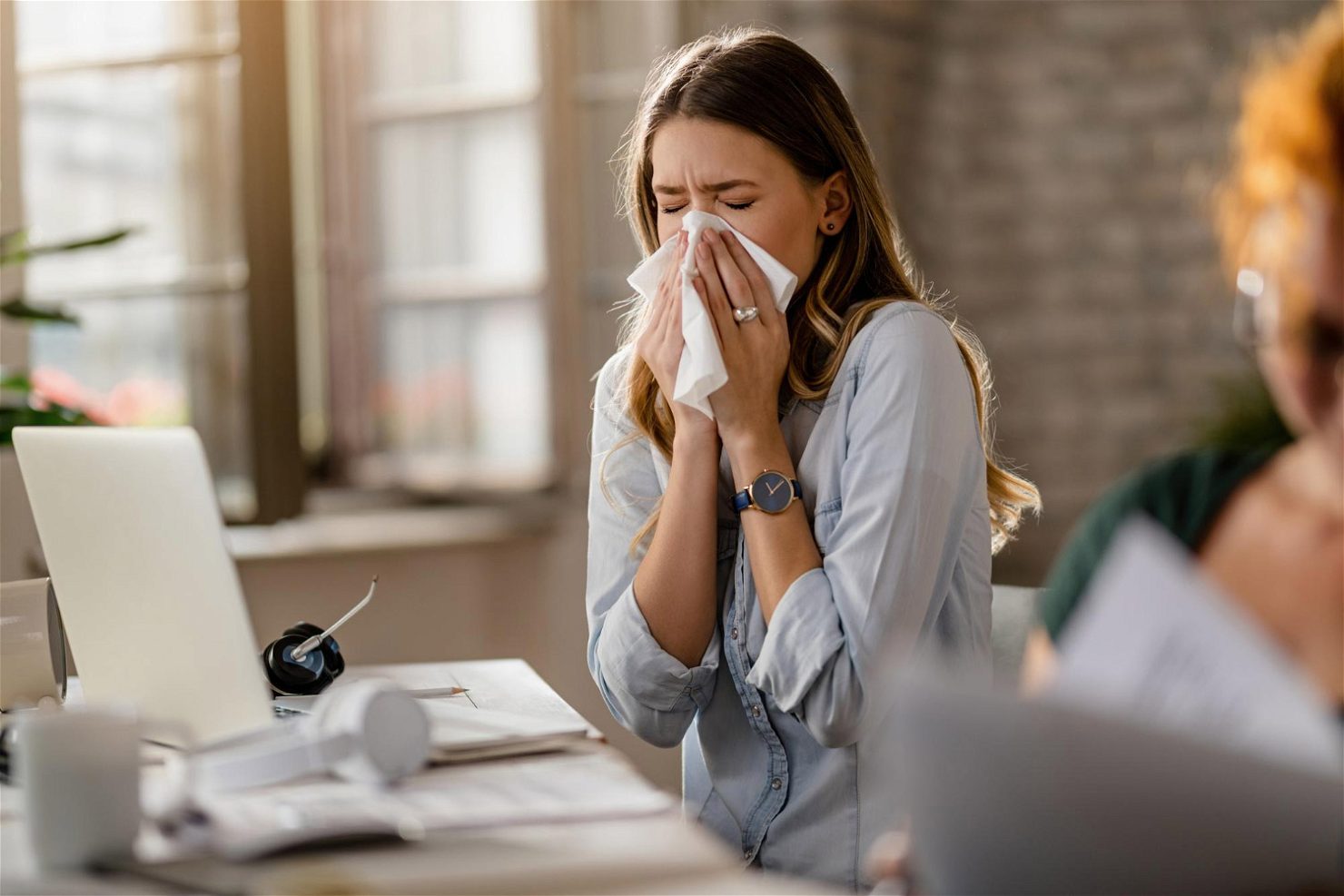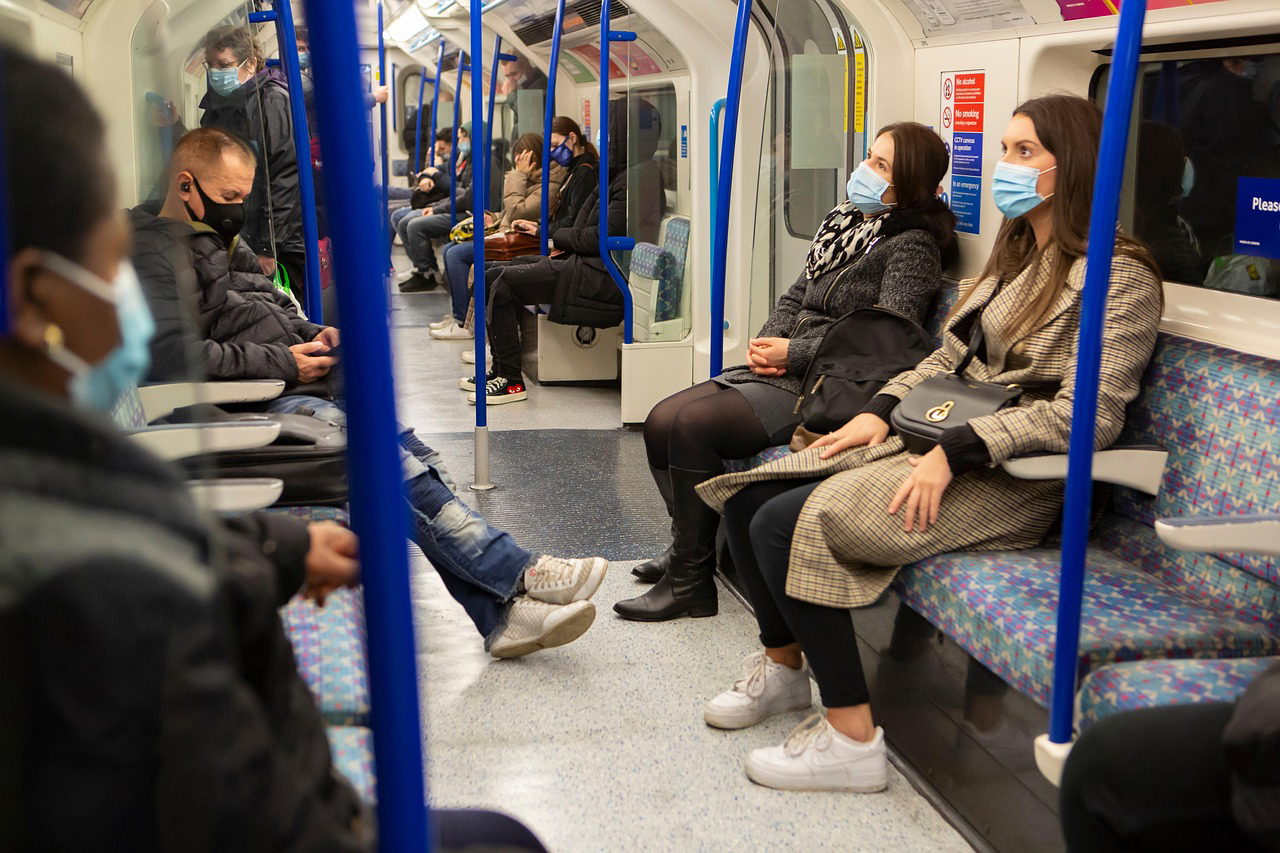Allergies: Causes, diagnosis, and treatment
Allergies can be quite the annoyance and possibly even life threatening. It’s important to know how travel affects those allergies, and if it can even cause new ones.
What are allergies
Allergies occur when your immune system reacts to a foreign substance such as latex, pollen, or tree nuts. Our immune systems produce antibodies, and when you have an allergy, your body makes antibodies that identify a specific allergen as harmful, even though it isn’t. Once your immune system reacts, it can have a variety of side effects, depending on the person and severity of the allergy. The reactions can range from minor irritations to anaphylaxis, which can be life-threatening. Although most allergies can’t be cured, there are many treatments to help relieve allergy symptoms.
Some allergic reactions include:
- Runny nose or sneezing
- Itchy skin or hives
- Coughing and wheezing
- Feeling ill
- Diarrhea
- Swollen eyes, lips, mouth or throat
- Stomach cramps and vomiting
Travel effect on your preexisting allergies?
Traveling to a different place, whether that be nationally or internationally, by whatever means of transportation, you’ll increase your exposure to various allergens. Before travel, you may want to consider some of the common allergens and irritants in your planned destination.
Different forms of transportation have different sets of complications in terms of allergens. When traveling by car, you may want to consider traveling during low-traffic periods and avoid rolling the windows down to avoid higher amounts of allergens entering the vehicle. When traveling by plane, the air pressure changes, and recycled air can cause flare-ups and intense sinus pain so it’s important to take the right measures prior to travel to avoid this. Also, many times when traveling, it means some nights may be spent in hotels. Hotels are well known for harboring allergens, so if you already struggle with allergies, you may want to ask if your hotel offers allergy-friendly rooms.
Allergies can be miserable, but there are over-the-counter medications as well as nasal sprays that may be very useful to have when traveling. Also, ensuring that you are taking care of your body before, during, and after your travels can make a huge difference. So always make sure you are getting rest, eating well, and drinking plenty of water!
Tips for allergies on the go:
- Look up the pollen count forecast and plan accordingly: the higher the pollen count, the more likely your allergies will flare up so don’t forget your allergy medication!
- Keep the windows up: if you’re traveling by bus or car, keeping the windows up helps prevent pollen and other allergens from entering the vehicle.
- Use a saline spray: when traveling by train or plane, the recycled air tends to be very dry which can dry out your nose, making it more sensitive to allergens. Saline spray helps thin out mucus and allows you to breathe easier.
- Wear a mask: masks are a great way to protect yourself against airborne allergens.
- Don’t forget your epinephrine: for more severe allergies, you should carry an auto-injectable device that delivers epinephrine. For allergies that could cause you to go into anaphylaxis, this tip could save your life in an emergency.
- Bring benadryl: benadryl is a medication that you can easily purchase over the counter. If you’re struggling with allergies, benadryl is great for temporary relief of symptoms such as: runny nose, sneezing, itchy and watery eyes, and even an itchy throat.
Does traveling give you allergies?
When traveling, it is very common for allergies or reactions to become worse simply due to the method of travel (flying, driving, etc.). However, it is possible for new allergies to develop. If you are traveling somewhere that has trees or certain plants that you have never been previously exposed to, then you are more likely to come across something that may trigger your immune system. If you are experiencing some new irritation that you haven’t experienced before, it is most likely from a simple reason: the change in your environment.
Common Allergies and common solutions
For some types of allergies such as those related to food, medication,or pets, the only thing you can do is avoid the allergens themselves. But for other kinds, there are ways to deal with symptoms. Here are some common allergies below and what you can do for them. As always, consult with a medical professional in cases of severe symptoms.
Pollen Allergies: Most prevalent in the spring and summer months when tiny particles are released through the air by trees, grasses, and weeds. Signs of irritation include sneezing spells, itchy or watery eyes, congestion, and itchy throat. Common remedies to relieve these symptoms include using a decongestant, taking antihistamines to decrease inflammation, or using a nasal corticosteroid. These may be available over the counter at a local pharmacy, while some varieties require a prescription.
Mold Allergies: Mold is a type of fungi that reproduces through spores that can travel through water, air, or sometimes catch a ride on an insect. They can be inhaled and cause symptoms such as congestion, sore throat, sneezing, watery eyes, dry cough, shortness of breath, sinus irritation. This allergy could be more severe in people with asthma, however some common treatments, similar to those of pollen allergies, include nasal corticosteroids, decongestants, and antihistamines.
Eye Allergies: Result from irritation of the outer protective layer of the eye known as the conjunctiva. Some environmental triggers could include pollen, mold, or dust, while other irritants that could cause a reaction are certain perfumes, cosmetics, cigarette smoke, or contact lenses. It is typically characterized by red, itchy, and swollen eyes; the symptoms can be treated with soothing eye drops and total avoidance of triggers.
If you ever find yourself fighting allergies you can always stop in at your nearest pharmacy and ask for recommendations!




